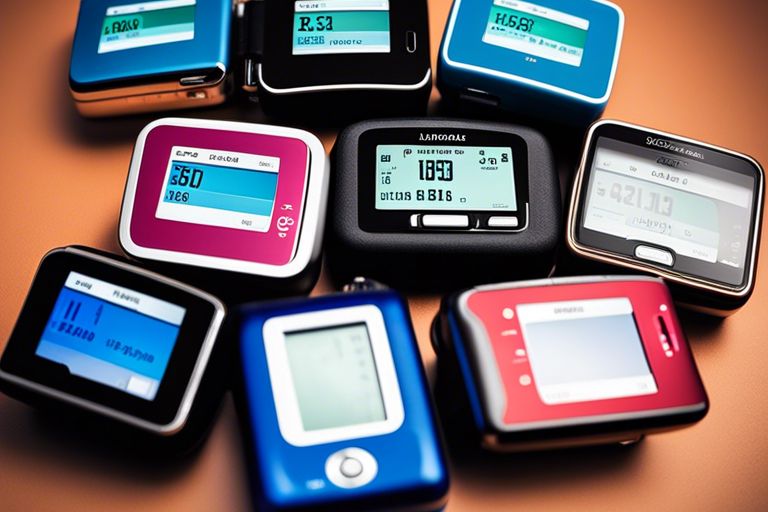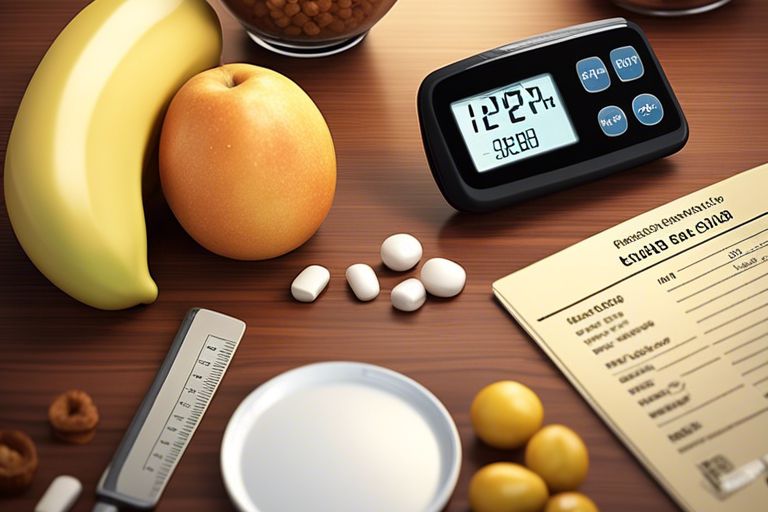Living with Type 1 Diabetes can be challenging, both physically and financially. Managing the condition requires constant monitoring, medication, and regular visits to healthcare professionals. In the United Kingdom, individuals with Type 1 Diabetes may be eligible for Personal Independence Payment (PIP) benefits to help alleviate some of the financial burdens associated with the condition.
PIP is a non-means-tested benefit provided by the Department for Work and Pensions (DWP) in the UK. It is designed to provide financial support to individuals who have a long-term health condition or disability that affects their ability to carry out daily living activities or mobility.
For Type 1 Diabetes patients, PIP benefits can be a lifeline. The financial support can help cover the costs of essential diabetes supplies, such as insulin, blood glucose testing strips, and insulin pumps. It can also assist with transportation costs to and from medical appointments.
Eligibility Criteria for PIP Benefits
To qualify for PIP benefits, individuals with Type 1 Diabetes must meet certain eligibility criteria. The condition must have a significant impact on their daily living activities or mobility. The severity of the condition is assessed through a points-based system, which takes into account various factors, including:
- Ability to manage medication
- Frequency and severity of hypoglycemia or hyperglycemia episodes
- Impact on mobility and ability to carry out daily tasks
- Need for assistance or supervision with diabetes management
It is important to note that PIP benefits are not means-tested, meaning that they are not based on income or savings. The focus is solely on the impact of the condition on an individual’s daily life.
Applying for PIP Benefits
To apply for PIP benefits, individuals with Type 1 Diabetes need to complete a PIP application form. The form requires detailed information about the individual’s condition, including medical history, treatments, and any support or assistance required.
It is advisable to gather supporting evidence, such as medical reports, letters from healthcare professionals, and any relevant test results, to strengthen the application. This evidence can help demonstrate the impact of Type 1 Diabetes on daily living activities and mobility.
Once the application is submitted, it will be reviewed by a healthcare professional appointed by the DWP. They may also request additional information or arrange a face-to-face assessment to further assess the individual’s eligibility for PIP benefits.
Appealing a Decision
In some cases, individuals may receive a decision that they believe is incorrect or unfair. If this happens, they have the right to appeal the decision. The appeals process involves providing additional evidence or attending a tribunal to present their case.
It is important to seek advice and support from organizations specializing in benefits and welfare rights when appealing a decision. These organizations can provide guidance on the process and help gather the necessary evidence to strengthen the appeal.
Conclusion
PIP benefits can provide much-needed financial support for individuals with Type 1 Diabetes. The financial assistance can help alleviate the burden of managing the condition and ensure access to essential diabetes supplies and medical appointments. Understanding the eligibility criteria and application process is crucial for maximizing the chances of receiving PIP benefits.
If you or a loved one has Type 1 Diabetes, it is worth exploring the possibility of applying for PIP benefits. The financial support can make a significant difference in managing the condition and improving overall quality of life.




